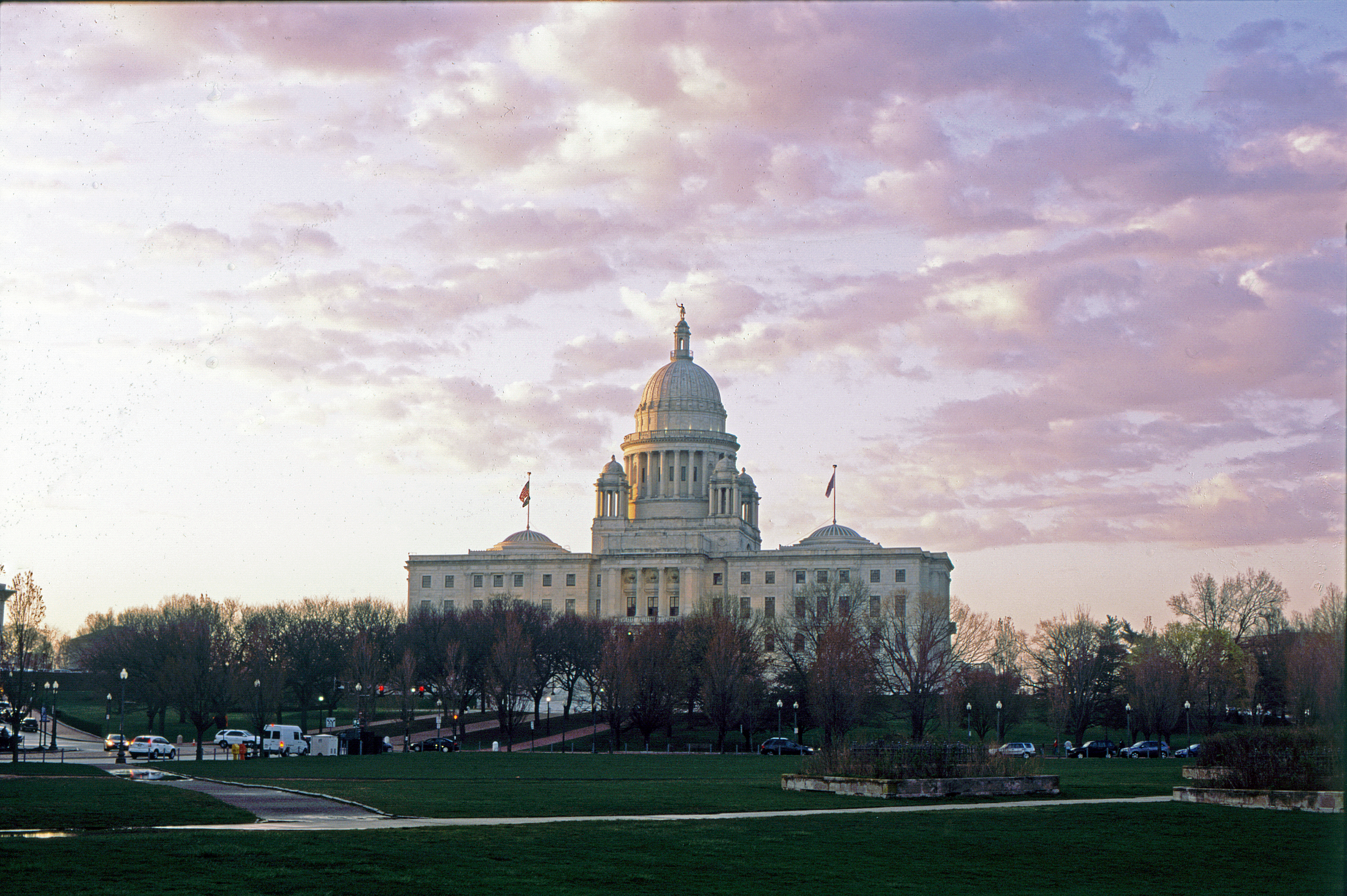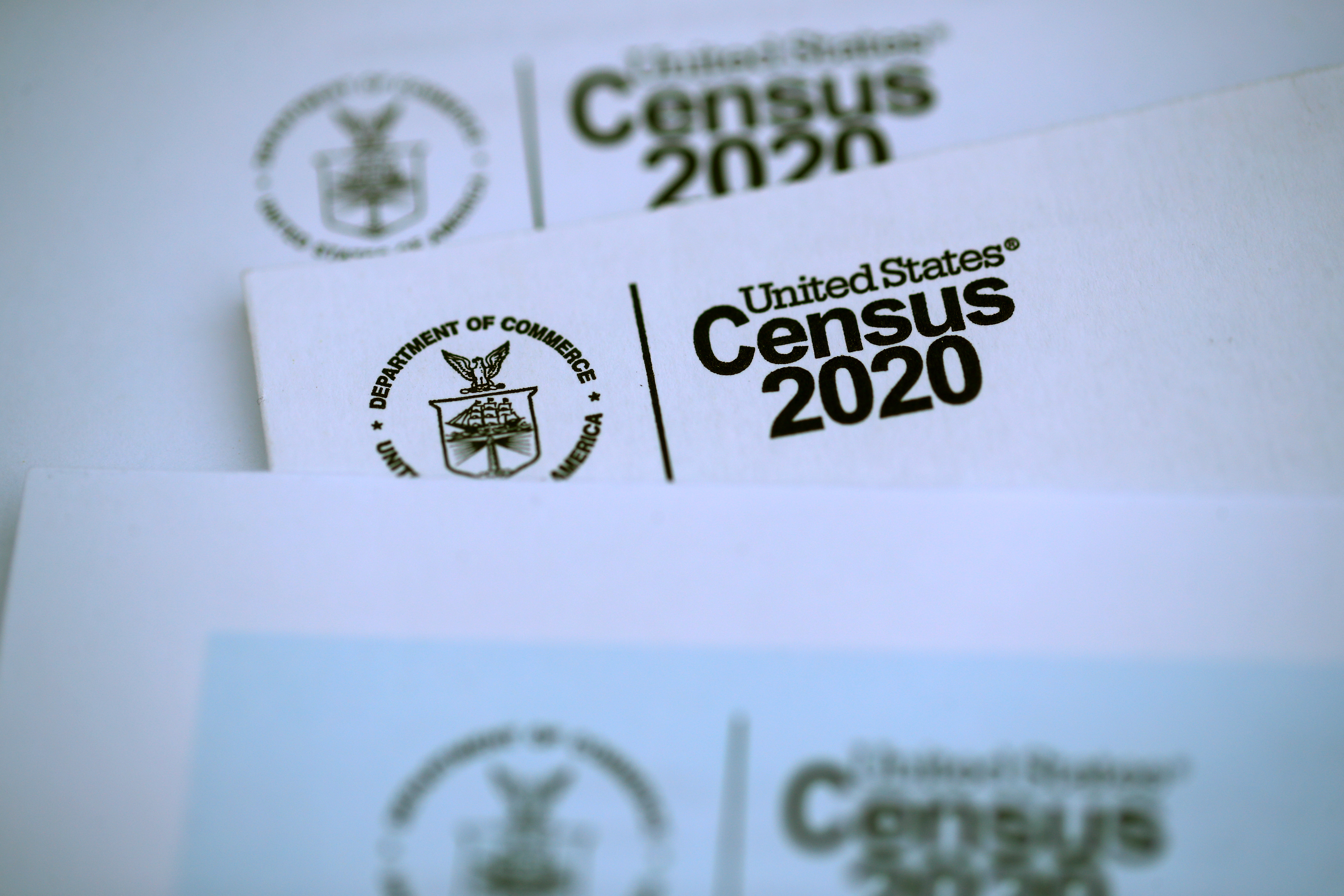Massachusetts will retain all nine of its U.S. House seats following the release of new Census Bureau data Monday that showed the state's total population topping 7 million for the first time -- up from 6.5 million in the 2010 census.
Secretary of the Commonwealth William Galvin, who oversees the census in Massachusetts, said he was pleased with the count.
"We've never topped 7 million," Galvin said. "It's good news for Massachusetts. We kept our congressional districts. We kept our electoral votes. We put a lot of effort into this."
The state lost a congressional seat in the 2010 census. The number of seats fell from 10 to nine after the state's more modest population growth in the prior decade failed to keep pace with growth in other parts of the country.
Get Boston local news, weather forecasts, lifestyle and entertainment stories to your inbox. Sign up for NBC Boston’s newsletters.
The work isn't over.
State lawmakers will have to draw new congressional district lines based on the new population numbers, with the goal of each district having the same number of residents -- about 781,100.
Within the state, preliminary numbers show population growth in the eastern portion of the state around Boston area outpacing the growth in western Massachusetts, Galvin said.
The district with the highest estimated population is the 8th District currently represented by Rep. Stephen Lynch which includes portions of Boston, Brockton, Quincy and 21 towns in southeastern Massachusetts. The district has an estimated population of about 822,800.
The district with the lowest estimated population is the 1st District represented by Rep. Richard Neal, which covers about a third of the geography of the state and includes the cities of Springfield, West Springfield, Pittsfield and Holyoke. The district has an estimated population of about 736,500.
More Census News
Official population data needed to redraw districts is expected to be released by Sept. 30.
The loss of seats after earlier census counts was part of a historic trend for Massachusetts.
Massachusetts added two seats after the 1910 census, bringing its total to a high of 16 seats for the 20th century, only to see those numbers steadily decline during the following decades with the state's relative slower growth in population.
Despite its smaller numbers, the state has tried to maintain its clout in the House, with newer members like Rep. Ayanna Pressley and long-time members like Neal, currently the chair of the powerful House Ways and Means Committee. Rep. Katherine Clark was elected last year to the position of assistant speaker, making her the fourth-ranking member in the chamber.
The clout of the state's all-Democratic delegation is tempered when Democrats are out of power in the chamber.
The 435 seats in the House of Representatives are divided among the states based on population. As growing states get more congressional seats because of population gains, states that lose population or do not grow as fast get fewer seats.



